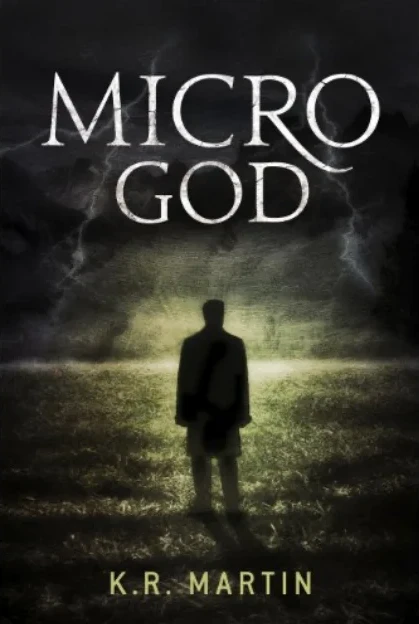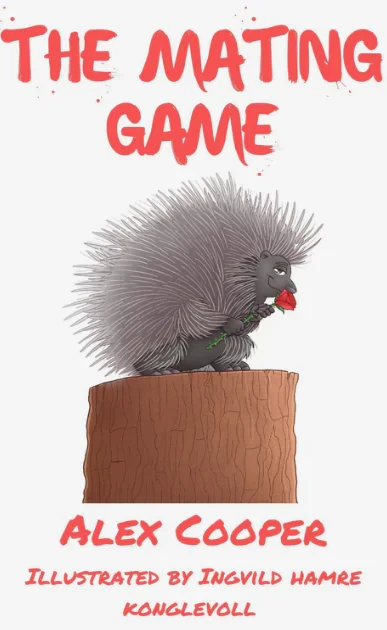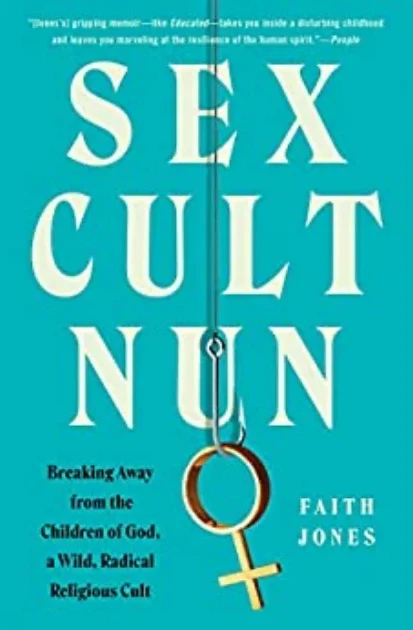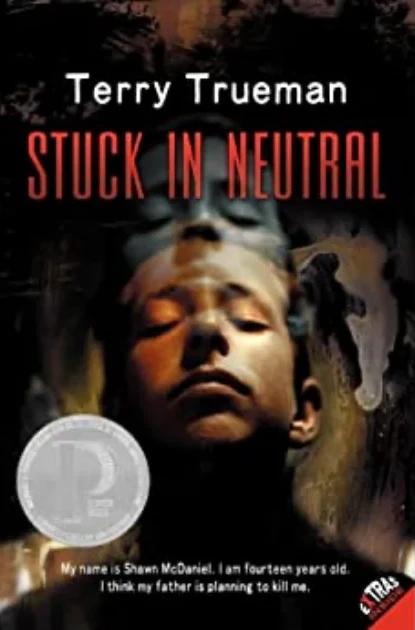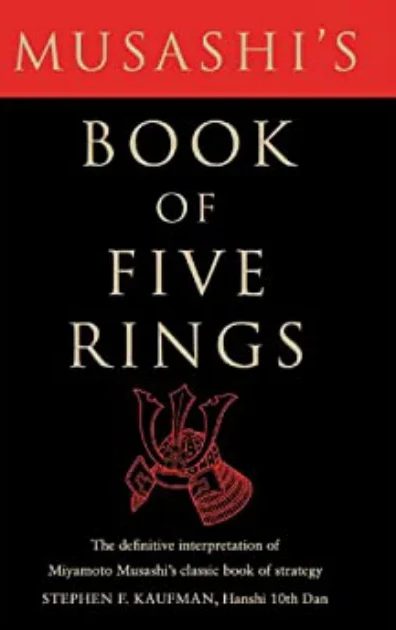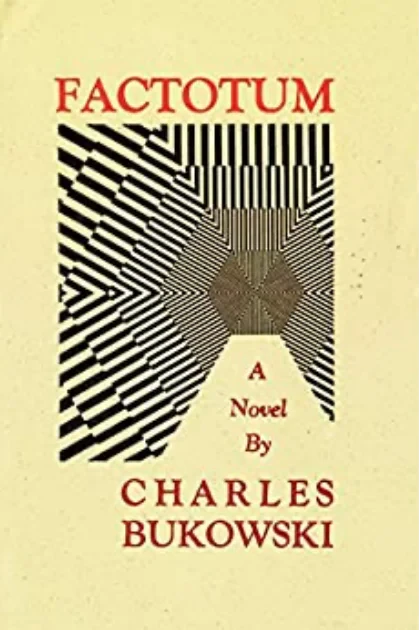This makes the fourth in over a year of attempted reviews of They can’t kill us until they kill us by Hanif Abdurraqib, not for difficulty understanding but seeking a starting point. Perhaps more than the book, Abdurraqib is the best beginning since we travel his life as a poet, culture, and music critic. These occupations carve honesty’s treacherous path, and walking with him shares this danger for needing to open yourself to the truth.
As with all things rewarding, the effort to read this novel leaves the reader altered. No matter how liberal a white person you believe yourself to be, you encounter challenges to what you perceive as racial equality. If black, you agree or disagree with the content, but for certain, you will also uncover new wisdom in the book’s depths. Going against the tide of thousands of reader comments and positive reviews, I feel readers surrendered too easily to obvious racial matter and missed the generational value, thematic complexity, and layers of meaning.
Millennials
I am unsure how anyone reading this collection fails to see a Millennials' coming of age novel since the essays hold the events and music of that generation interlaced with their hope of correcting social injustices. Being older, I had to research some artists, making clear this book is less for me than Millennials and forming a familiar but not completely unexpected problem of the intended audience missing the value. For a generation characterized by diversity and social justice, the question arises in the value they placed instead on Harry Potter and Into the Wild: both white male protagonists of privilege. Sadly, the book answers that question many times.
The essence of tragedy forms the novel’s heart, and as you read, that spirit elucidates life in Black America. This multi-thematic essay collection describing Black America through the lens of music starkly juxtaposes the white reader’s American experience. To be clear, this is not a book about Black America told through black music’s lens, but a book about Abdurraqib’s experiences in Black America seen through music’s lens. These elements flow poetically, inseparably, and so thick in meaning they require effort to decompress, starting at the opening.
I.
When Marvin Gaye sang the National Anthem at the 1983 NBA All-Star Game, he knew he was going to die soon.
If you are in Columbus, Ohio, on July 3rd of any year, you will likely drag yourself downtown with a blanket in the middle of the day, when the sun is still at its highest and most hungry. If you’re lucky, you’ll get a space at Huntington Park, where our beloved Triple-A baseball team, the Columbus Clippers, delivered back-to-back titles in 2010 and 2011. When night comes, you’ll fall back into someone’s arms, or be the arms that someone falls back into. And you’ll roll your eyes when “Born in the U.S.A.” plays while fireworks fly screaming into the sky, tucking all its darkness into their pockets.
This opening speaks to a generation, denoted from the dates when many Millennials came of age to reckon the Great Recession’s aftermath on the eve of career, and most importantly, the failure to achieve social justice dreams. He speaks to an audience who perceives the holiday fireworks as a mundane chore denoted by “drag yourself downtown” yet still an enjoyable task when resting in a field with a lover or crush listening to Springsteen. On Springsteen, the author masterfully split and foreshadowed racial meaning. He accomplishes this task with a clever word construction that provides the initial reading a poetic license, allowing a slight interpretation. Depending on how you view America, translates this construction either from racial bias or reality.
And you’ll roll your eyes when “Born in the U.S.A.” plays while fireworks fly screaming into the sky, tucking all its darkness into their pockets.
Many white readers construe this opening as a familiar, nostalgic American trope, associating darkness with night sky, but many black readers nod with the familiarity of listening to a song celebrating a country that never celebrated them. Adding potency to this opening, the author wedges his poetic voice within the essence of tragedy, using Marvin Gaye to foreshadow Black American death, creating a striking, beautiful contrast filled with nuance. The author’s ability to multilayer meaning becomes apparent throughout the novel, making a moving experience, but as much as I praise this opening, my enthusiasm dims in the author's youth.
Abdurraqib's youth shows in his struggle to balance shades of meaning with earnestness. Had he stopped this opening at “…darkness into their pockets,” it would be perfect and timeless. He committed a faux passe common in the young writer’s repertoire and continues explaining the very idea he just poeticized, hammering the reader with the meaning. Many examples of this heavy-handedness are prevalent, but ironically, these sins form a strange point of contention since his voice aims at his generation, which is less given to symbolism and critical study of texts. Still, leaving the opening interpretable would have enriched the reading experience and strengthened the book, but this fault finds forgiveness in the coming chapters.
In keeping with his overarching theme of death and tragedy, Abdurraqib challenges his generation, especially those who think they are free of race and bigotry. In the subchapter, “I Wasn’t Brought Here, I Was Born: Surviving Punk Rock Long Enough To Find Afropunk” he says,
We sat back and watched while NOFX tore through an exceptionally loud version of “Don’t Call Me White,” and watched below, as a monochromatic sea crashed against itself.
This clear message juxtaposes the description,
I looked around and saw every version of other, as I knew it. The black kids, the girls my age and younger, the kids most fighting with the complexities of identity.
The message's beauty forms in the focus of race, in which he describes himself as a “silent witness” to the punk scene's racism and other biases. Yet, in Abdurraqib’s characteristic fashion, he layers contradiction of rebel with systemic issues undermining punk rock’s message, making it a privilege, and by extension, questions the very notion of “rebel,”
At 18, I hung in the back corner of the Newport and watched NOFX with the rest of the kids who didn’t quite fit, or at least became tired of attempting to fit.
Rebel, outsider, or a protestor? Again, Abdurraqib challenges the most diverse generation in history through the punk genre that should have hallmarked millennials for standing antithetical to systemic racism. For X-gens, like myself, the punk seen is long since removed from life, leaving only a few good songs and blatant hypocrisy. For Abdurraqib, punk rock reveals more than a hypocrisy but another failure of equality’s promise, which he now rests in the lap of his generation for having prided itself on diversity and multiculturalism. How can his example of punk be anything but a generational challenge, having shown that punk, the “rebels” music, has changed little in the last forty years, still white-dominated so exemplified,
I noticed the only black kid in the pit had passed out. Likely due to heat, or the physical nature of the pit. As a few of us above pointed, to try and draw attention, I watched his peers step over him; some kicked him, in the pursuit to keep dancing.
Not to misconstrue what Abdurraqib wrote, the reader is not presented with a generational attack but a generation seen through race and music’s viewport that shows the great American tragedy of racial injustice persists. To understand this audience, you need only ask yourself to whom Abdurraqib speaks? He is not talking to the X-gens, the boomers, or the Zs. He is speaking to his peers, sometimes directing to black, sometimes to white, but definitely speaking to millennials.
Thematic Construction
Abdurraqib's primary thematic connection between his essays is Marvin Gaye, but this joining is not a loose-fitted device dropped onto a pile of articles to give them some continuity. Gaye’s death forms the author’s recursive mirror of the Black American tragedy reflecting dying young, dying violently, and many other misfortunes, but Gaye also represents lost muses. Abdurraqib chose Gaye as his vehicle of tragedy for many reasons, and one of those, which he touches on briefly, is Tammi Terrell’s death from brain cancer.
After he buried Tammi Terrell, and after his brother came back from a bloody war, when Marvin stared at all of our country’s mess and told Smokey Robinson that he couldn’t sleep because God was using him to write the album that would become What’s Going On.
Terrell's death and other issues mentioned above began about a four-year hiatus Gaye emerged from transformed artistically with a new, striking sound. Most people would agree that Terrill was his muse, someone who transcended love and clearly touched Gaye in a way that revolutionized his music and him. The shadow of Gaye hovers over Abdurraqib, perhaps all poets, casting a darkness on the writer who finds his muse for having heard her whisper the truth. The author presents this truth, and we see the muses who modernize with race the tragic hero archetype, inspiring and reinforcing culture, family, and survival. The black woman pillars black culture, shouldering the unjust deaths of sons, daughters, and grandchildren.
…the grandmother who told her 5-year-old granddaughter to play dead so that the killer would pass her over.
A grandmother who has maybe stared down death more than once, passing that burden on to the child of her child.
The way I’d like to imagine it, our grandmothers are with us, even when they’re not with us. Teaching us how to pray. Teaching us how to survive.
The way the death of Gaye’s muse evoked a new sound and cause for his music, Abdurraqib has the muses of Black America's mothers and grandmothers whispering. Their voices guide his poetic manifesto, and like Gaye, there is a cost for that truth paid in the blood of friends, brotherhood, and most of all, the muse.
Abdurraqib journeys us through the death of his grandmother and mother, and these women, among mentions of other black women, forge his understanding, his poetry, and he filters the music lens with them. He discusses his mother’s death interlaced with The Notorious B.I.G.'s music and hurricane Katrina, distilling pain into the wisdom,
The thing about grief is that it never truly leaves. From the moment it enters you, it becomes something you are always getting over. I will take healing in whatever form I can, and I heard my mother’s voice singing underneath that music. I heard her slowly making her way back home.
Readers face a complex layer of themes showing them the moments after death when we lose ourselves in song, not because it makes us feel better, but because it is sad, and that is the language of the shared human experience. He shows us Katrina’s aftermath that floated bodies in the streets as the horn player played, and those who witnessed, “weary and sad, started to clap slowly along, on beat. We make our own music to celebrate our dead where we must.”
Who does not understand these moments when we seek the sad or happy song we intrinsically know connects all hearts?
From this vantage, white readers, now relating with the shared moment, realize B.I.G., Katrina, and Abdurraqib's tragedies root in Black America. If there is an argument for Critical Race Theory, Abdurraqib provided the evidence because he formed a concrete empathy through the lens of music, shared experience, and tragedy that only a monster could read and dismiss.
The Layers
Abdurraqib’s poetry embosses his prose. More than decorative, his poetic skill reveals, dare I say, a genius for embedding meaning within his essays. In this excerpt, the reader sees what I refer to as multidimensional writing, which is a fancy way of saying prose or poetry that links two or more distinct ideas together in one literary work.
It is early, and inside of an airplane sitting outside of the San Francisco Airport, a mother is asking a person two seats ahead of me to switch seats, so that she can have a window seat for her son, and he looks at the world outside of this metal container that is dragging us back to somewhere in the waiting Midwest. I have this fear of heights, but I do find the appeal in looking out of windows during flights. In Oakland, where I spent the past five days reading poems in hotel rooms with friends that I only get to see a couple times a year. Two nights ago, one of them ran up to the roof of the hotel at night and looked over, everything below was an impossible darkness. It’s that kind of height I find myself uncomfortable with. Some would tell me not a fear of heights so much as a fear of falling. Planes work if you can manage to not think of the machinery. The way I walk into a store and buy what my body is demanding without thinking of the labor that carried the product to that moment.
He travels and describes a mother and son on a plane and how she is trying to make the child less scared by showing him the window, but simultaneously, Abdurraqib juxtaposes this narrative with his strikethrough, bolded, inner story, creating a mirror reflecting two mother-son relationships interwoven with two distinct but related meanings seen here,
It is early, and a mother is asking to have her son back somewhere in the Midwest. I have this fear of an impossible darkness. Some would tell me not to think of the machinery. The way I walk into a store and buy what my body is demanding without thinking of the labor that carried the product to that moment.
In the nineties, I began writing this way, later naming it multidimensional poetry and prose. Abdurraqib arrived independently at this form of writing and struggled not knowing how to make it work. Had he left the work unformatted, the message easily goes unnoticed and has no meaning. Compelled to show the dimensions, he uses formatting, going as far as to bold the areas without strikethrough.
Oh, I so empathize with the labor!
What you are witnessing, providing Abdurraqib does not give up his multidimensional literary quest, is the evolution of this writing style. One of the keys to his struggle clarifies in the understanding of dimensions. If you can’t see the other five faces, the cube is just a square, and so, he will learn to articulate those dimensions in a manner dependent less on formatting than construction.
This form of writing, combined with his development of layered themes, noted in Marvin Gaye, prophesize a new style for Abdurraqib when these forms mature into one.
We readers, eagerly await that day.
The book's publisher, Two Dollar Radio, should also be commended for seeing the value and publishing this form of writing, which I firmly believe will someday earn the attention due.
The Introspection
They Can't Kill Us Until They Kill Us warns of literature’s demise. The book offers, to the most social-justice, diversity-centered generation understanding of how racial disparities and violence worsened in their coming of age. Rather than study, that generation aimlessly applauds against the backdrop of bigotry and hate’s rise that helped forge this novel. I detest sounding so negative because I don’t wish that negativity to reflect on the book, which everyone should read, but futility steals my words. This collection represents a generation’s lostness, largely to no fault of their own, caused by a technology-driven anti-intellectualism and superficiality that licenses poetry and authorship to anyone with a keyboard, inadvertently devaluing and obscuring quality literature. I might never have read this book if not for someone paying me to write a different piece regarding this novel. Even if millennials read the book, judging by most comments and reviews, a quick perusing or cursory view will not decipher the layers of meaning, and regrettably, the book's genius becomes lost on the very people needing it most.
Those lucky enough to study this text will gain a new understanding. Those readers will see racial disparity's depths and become better people. Those readers will embrace the poetry and know equality as they stand beside Abdurraqib, hearing his mother’s singing that takes us all home.
~~~
Abdurraqib, Hanif. They Can't Kill Us Until They Kill Us. Two Dollar Radio. Kindle Edition.


